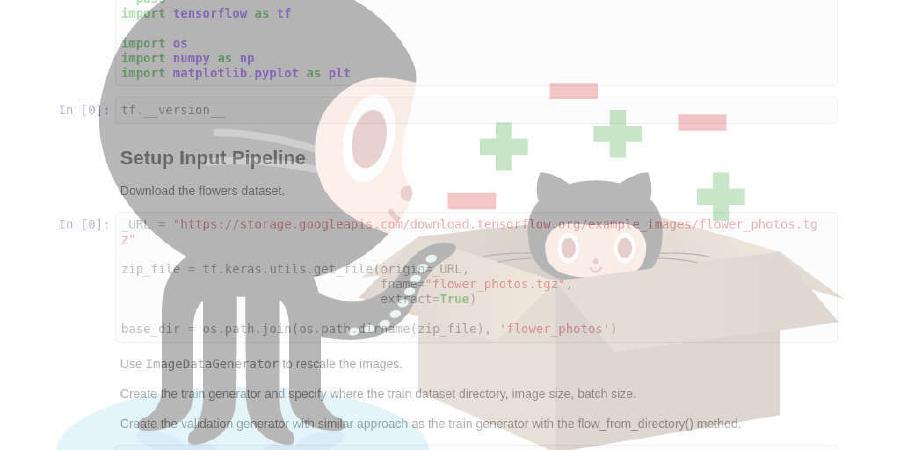discoveryjs/discovery

Hackable JSON discovery tool
| repo name | discoveryjs/discovery |
| repo link | https://github.com/discoveryjs/discovery |
| homepage | https://discoveryjs.github.io/discovery/ |
| language | JavaScript |
| size (curr.) | 1599 kB |
| stars (curr.) | 180 |
| created | 2018-11-20 |
| license | MIT License |
Discovery
Hackable JSON discovery tool
Documentation in progress…
Articles
Examples
Related projects
- Discovery CLI – CLI tools to serve & build projects based on Discovery.js
- JsonDiscovery – Chrome/Firefox browser extension built on Discovery which allows to discover a JSON document and make reports
- Jora – data query language
- Jora CLI – a tool to process JSON data using Jora in command line interface
Plugins
Install
> npm install @discoveryjs/discovery
Base concepts
Model goes through data->prepare->render chain. Data can be modified with prepare function and rendered by various views and its combinations.
View is a function(el, config, data, context) where:
el- DOM-element in which view will be renderedconfig- configuration of viewdata- data to rendercontext- contains of model data, metaifo (createdAt, etc), router (optional), any user defined or view defined additional data
Page is a root view function(el, data, context). Similar to view it has all of its arguments except config.
Page
To define a page you should call discovery.page.define(pageId, render(el, data, context), options) where:
pageId- unique page identifierrender- page render function described aboveoptions- object with options:reuseEl- do not clear container before render page (skiped for first render or pageId change)init- invokes on first page render or pageId changekeepScrollOffset- dont scroll to page top ifpageIddidn’t changed since last page renderencodeParamsdecodeParams
Other handy methods for working with page:
discovery.renderPage()discovery.setPage(pageId, pageRef, renderParam),discovery.setPageParams(renderParams)triggersrenderPage()discovery.getPageContext()gets context of page
Special pages
There are some built-in special pages:
defaultreportnot-found
You can override this pages with page.define() method
View
To define new view just call discovery.view.define(viewId, render, options) where:
viewId- unique view identifierrender- function(el, config, data, context) or view definition objectoptions- object with following fields:tag- a tag name for a view container element. When value isfalseornullthenDocumentFragmentis used as a container
You can render your view with discovery.view.render(el, view, data, context) where:
viewcan be stringviewId,ViewDefinitionorArray<ViewDefinition>viewId will expand to{ view: viewId }.
Also you can specify
viewasviewId:query, that will give you handy shortcut to{ view: viewId, data: query }
viewDefinitionobject with view definition settings:view: stringviewIdwhen: query, will be coerced to Boolean (but empty arrays and objects will coerce tofalse)data: query (will be described later)- Also there can be view specific additional fields
Special views
Also special built-in sidebar view is available you can override this view with view.define
Queries
As a query you can specify string which will be processed by Jora so your data will be a result of following flow:
jora(value) -> function(data, context) -> data
Or you can use function(data, context) as query as well. Also you can use any data as query right away.
License
MIT







